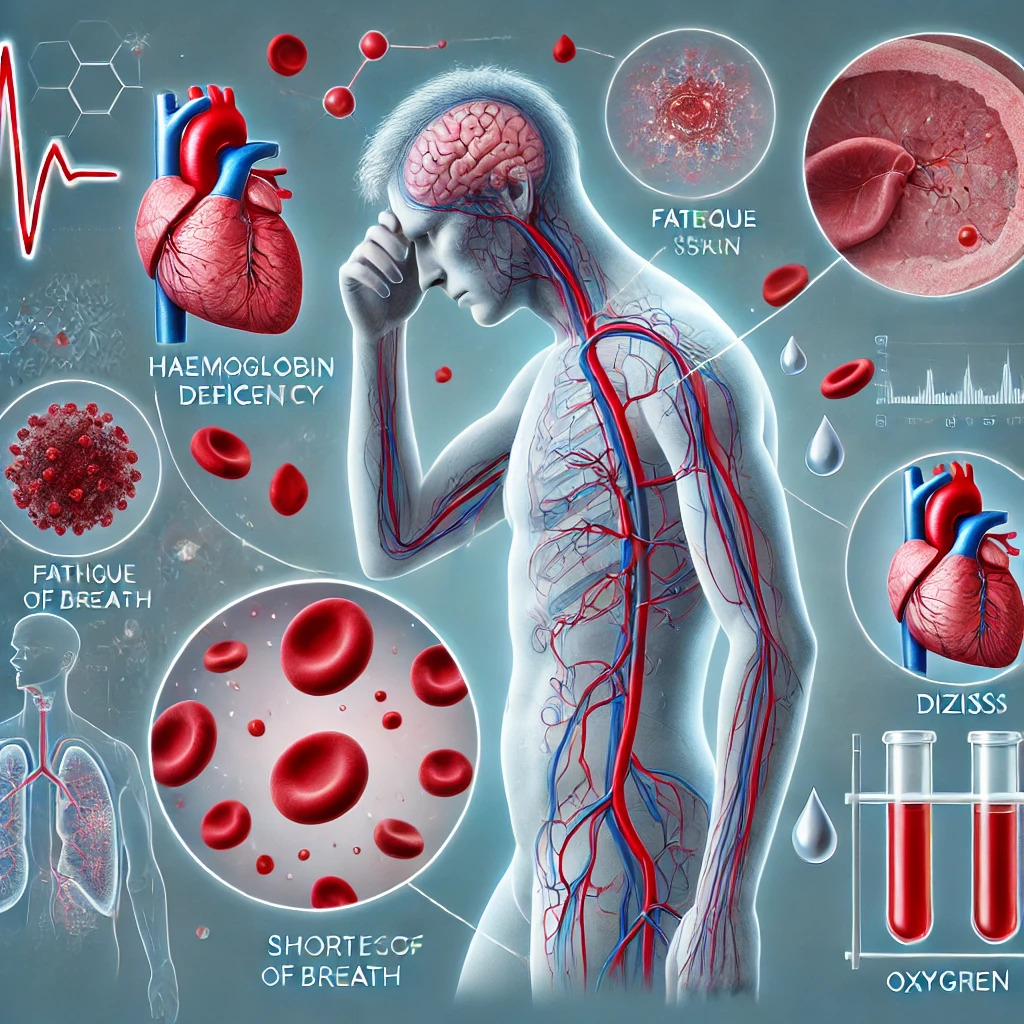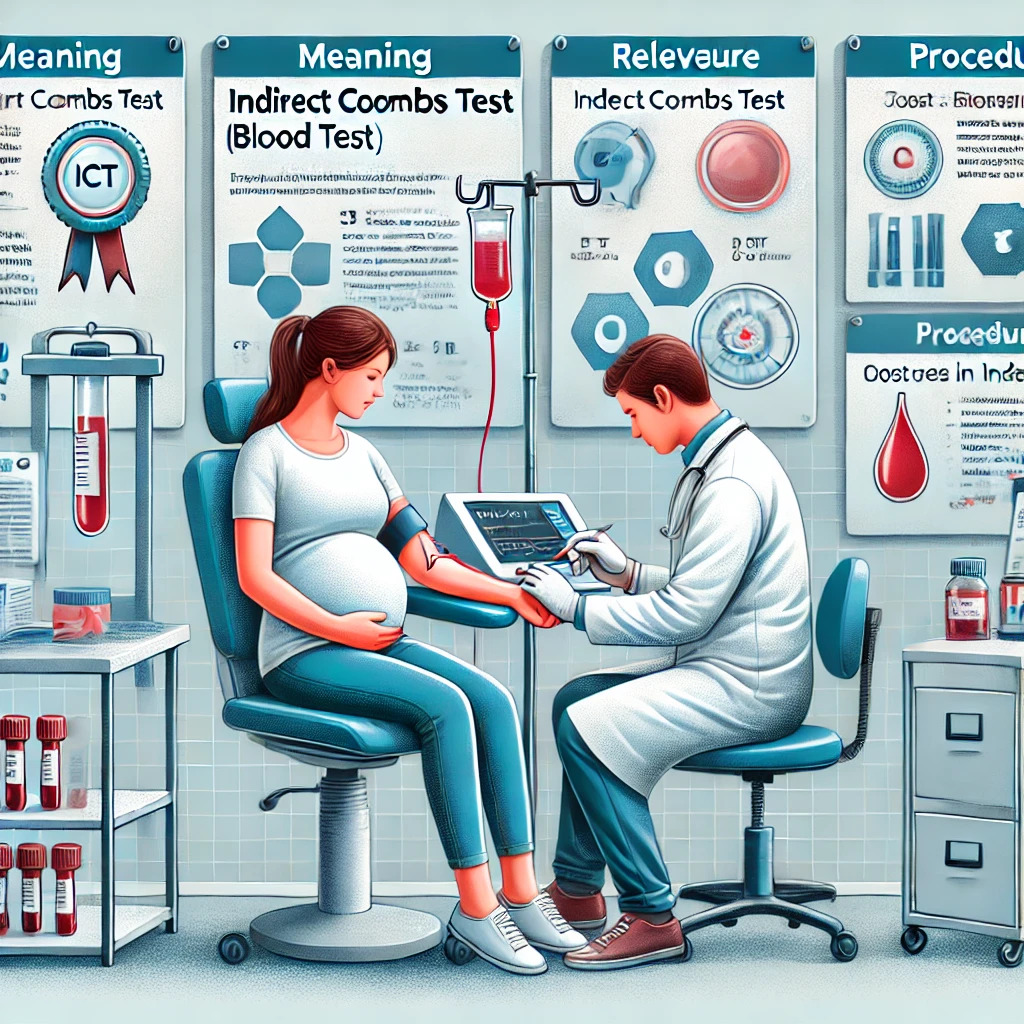Kidney Function Tests: Diagnose, Monitor, and Protect
.jpg)
Kidney function tests are an important tool for diagnosing the health of our kidneys and how well they perform their essential role. Blood tests for kidney function are used for the detection of kidney disease, to monitor kidney health in patients with chronic conditions, and also to evaluate the effectiveness of treatment plans and lifestyle changes. These tests may also be referred to as renal function tests, which mean the same thing.
We have two kidneys which are responsible for filtering waste products from the blood, regulating electrolyte levels, balancing bodily fluids, and maintaining the internal balance of our bodies. Kidney function tests are important because impaired kidney function can lead to serious health issues. These tests help with the early detection of such problems. These tests are also important to prevent and manage kidney-related diseases.
This blog will take you through the function of kidneys, the kidney function test list, the kidney function test normal range, various parameters, when you need these tests, and other important details in very simple language. We hope that this information helps manage your health in the best way possible.
Introduction
It is important to understand what are kidneys and what role they play in order to understand the importance of kidney function tests. The kidneys are two bean-shaped organs which are present on either side of the spine. These are present just below the rib cage. Each kidney is almost the size of a fist. Each kidney is composed of approximately one million nephrons which are filtering units.
Nephrons, the filtering units in the kidney, remove waste and excess substances to form urine, which then travels through ureters, which are narrow tubes, to the bladder. This is a highly sophisticated filtration system of the body which helps to maintain homeostasis by regulating blood pressure, red blood cell production, and acid-base balance. Kidneys also play a role in Vitamin D synthesis and in making certain hormones. Due to the different types of functions performed by the kidneys, any problems or issues in their functioning will greatly impact overall health and well-being.
Blood tests for kidney function consist of many evaluations which include blood tests like serum creatinine, blood urea nitrogen (BUN), glomerular filtration rate (GFR), etc. Urine tests are also done to evaluate protein and waste product levels. These tests provide the doctor with a comprehensive analysis of kidney health. It enables healthcare professionals to diagnose kidney issues like acute kidney injury, chronic kidney disease, and other issues. Some metabolic disorders may also be unmasked by these tests.
By knowing about various parameters and their importance like urea in kidney function tests, chloride values, GFR, etc, you will understand how these tests help your doctor assess your kidney health. Timely diagnosis and intervention can preserve kidney function. The critical role that kidneys play in our body can never be taken for granted.
Who May Need Kidney Function Tests?
You may need these tests if:
You have a kidney disease for which you need monitoring to manage and adjust your treatment.
You have high blood pressure.
You have a cardiac condition.
You have diabetes.
You are taking medicine or supplements which might affect your kidneys.
You have electrolyte disturbances like abnormal levels of potassium or other minerals.
You have severe diarrhoea or vomiting.
You are at risk of kidney disease and require screening.
Signs and symptoms of kidney damage may include:
Blood in urine which is also called hematuria
Pain while passing urine which is also called dysuria
Frequent urge to urinate
Problems such as having difficulty passing urine or finding it difficult to start peeing
Fatigue
Swelling in the feet and ankles
High blood pressure which is difficult to control
It is important to note that kidney diseases don't always show symptoms in the early stages. Symptoms may become apparent after kidneys have been significantly impacted. This is why kidney function tests are important if you have any risk factors or conditions which may damage your kidneys. It should also be a part of your routine yearly checkup. If you are looking for labs for kidney function tests, get your urine and blood tests for testing kidney health from O-Lab in Jammu. We are a partner you can trust to manage your health.
How Many Tests Are Done For Kidney Function?
This is a kidney function test list for measuring various substances in your blood:
Electrolytes: sodium, potassium, chloride, phosphorus, calcium, bicarbonate
Waste products: creatinine, urea in kidney function tests
Protein: albumin
Glucose
GFR
Urine tests may also be used to analyse kidney function:
Urinalysis is done to test for physical, chemical, and microscopic qualities of urine. This test can be used to check the presence of protein, glucose in urine, ketones, blood, crystals, or infection.
A test for protein is used to measure the amount of protein in the urine.
Urine albumin to creatinine ratio can help detect early kidney damage.
24-hour urine collection may be done to measure different substances like protein and creatinine clearance.
Urine may also be used to test electrolytes.
For some people, additional tests like an Ultrasound, CT scan, and biopsy may also be needed.
Kidney Function Test Parameters
Serum Creatinine Test: Creatinine is a waste product, from the normal breakdown of creatine, which is filtered by our kidneys and excreted via urine. This blood test will examine if this waste product is building in the body. Higher than normal creatinine levels suggest a kidney issue.
Blood Urea Nitrogen (BUN): This test also examines the blood for waste products. After protein breakdown, urea nitrogen is formed as a waste product. Kidney damage is one of the reasons for elevated BUN tests. Some medicines can also raise this number.
Estimated GFR: This is a test for glomerular filtration rate to check how well the kidneys are filtering waste from the body. The important factors taken into account are creatinine levels, age of a person, gender, race, height, and weight.
Microalbumin test: It is done to detect early signs of kidney damage in people who have risk factors like diabetes. This test checks for the presence of albumin in urine.
Albumin to creatinine ratio: This test may also be done. It compares the amount of albumin with the amount of creatinine in a single urine sample to provide a much more accurate assessment of albumin levels.
Creatinine clearance: This test involves a blood test and a 24-hour urine sample test to check for creatinine clearance.
Urinalysis will test the physical, chemical, and microscopic characteristics of urine to check for the presence of albumin, casts, infection, blood, sugar, etc. It also tests the urine pH, specific gravity, ketones, bilirubin, urobilinogen, etc. The test also includes examining urine for crystals which may be present due kidney stones or metabolic disorders.
Electrolytes like sodium, potassium, calcium and chloride play a critical role in maintaining various physiological processes like fluid balance, muscle contractions, blood pressure, and nerve transmission. Kidney Function Test measures the levels of these electrolytes. Abnormal electrolyte levels can be dangerous in some cases and impaired kidney function can lead to abnormal levels. This is why regular monitoring is important.
Kidney Function Tests- Normal Range
Serum Creatinine:
Men: 0.7 to 1.3 mg/dL
Women: 0.6 to 1.1 mg/dL
Blood Urea Nitrogen (BUN)
7 to 20 mg/dL
Glomerular filtration rate (GFR):
Normal rate: 90 to 120 mL/min/1.73 m2
A GFR below 60 mL/min/1.73 m2 may be suggestive of kidney disease
Uric Acid:
Normal range for men: 3.4 to 7.0 mg/dL
For women: 2.4 to 6.0 mg/dL
Urinalysis:
Colour: pale yellow to amber
Clarity: clear
pH: 4.5 to 8
Specific Gravity: 1.005 to 1.030
Protein: Negative to trace
Glucose: Negative
Ketones: Negative
Bilirubin: Negative
Urobilinogen: 0.1 to 1.0 Ehrlich unit/dL
RBCs: 0 to 4 red blood cells per high power field (HPF)
WBCs: 0 to 5: white blood cells per HPF
Casts: none to rare hyaline casts
Crystals: none
Urine albumin to creatinine ratio (ACR):
Less than 30 mg/g





